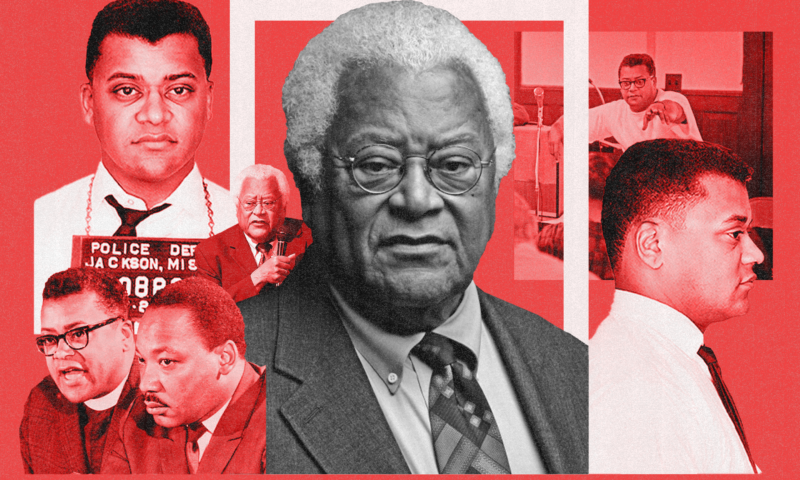
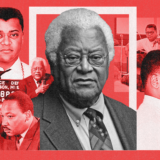
The civil rights leader showed that even in Los Angeles, color drives class divisions and racial justice drives economic justice.
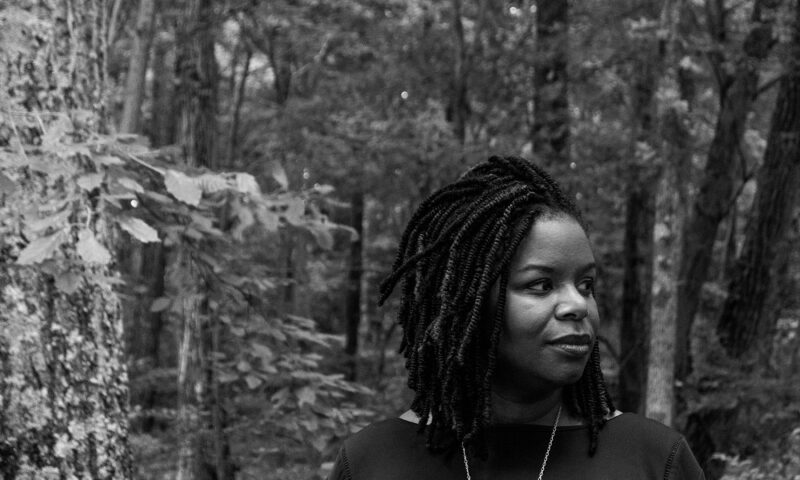

A scholar uncovers her family’s story, and America’s.
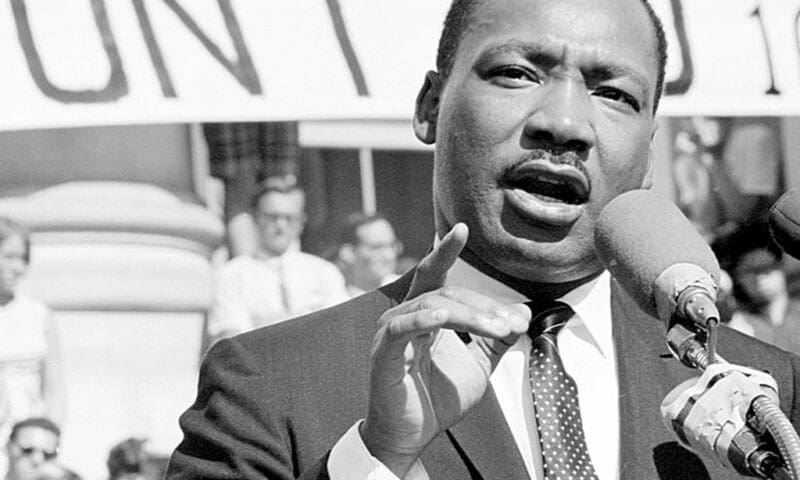
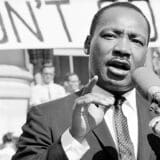
King went to Memphis, where he was killed, to support Black garbage workers, who were on strike to protest unsafe conditions, abusive white supervisors and low wages.
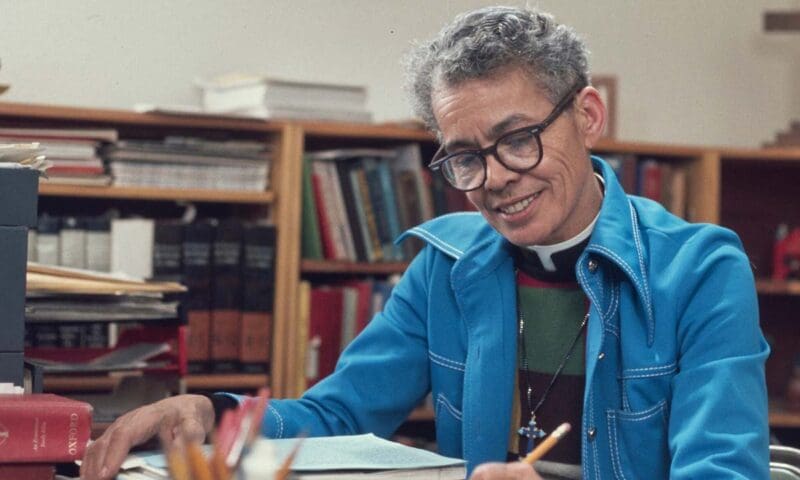
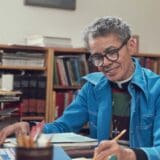
The civil rights trailblazer gets some much-deserved attention in a documentary streaming now on Amazon Prime.
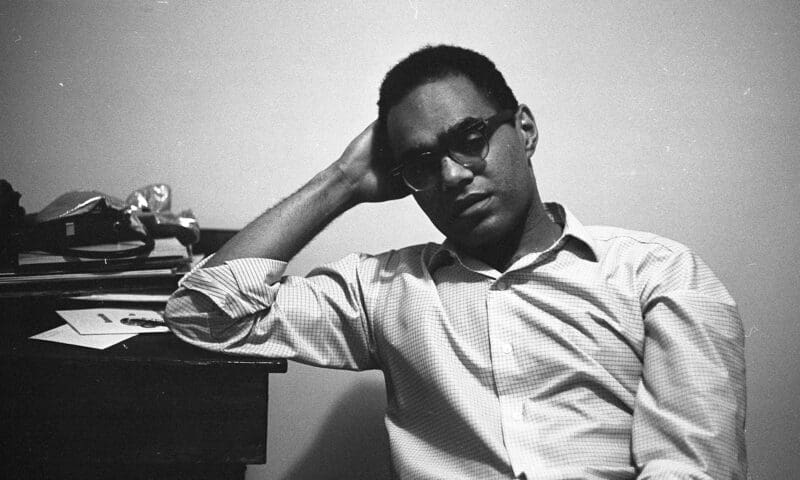
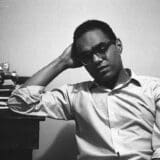
The civil rights activist is remembered for fighting on behalf of the most vulnerable.

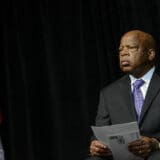
The civil rights movement’s leading disciple of nonviolent protest reflects on the life and work of the late congressman.
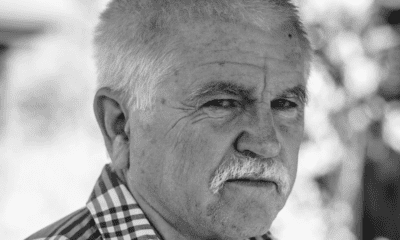
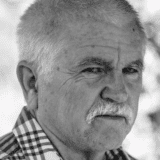
A new history by the author of City of Quartz examines the time and place of his own early activism.
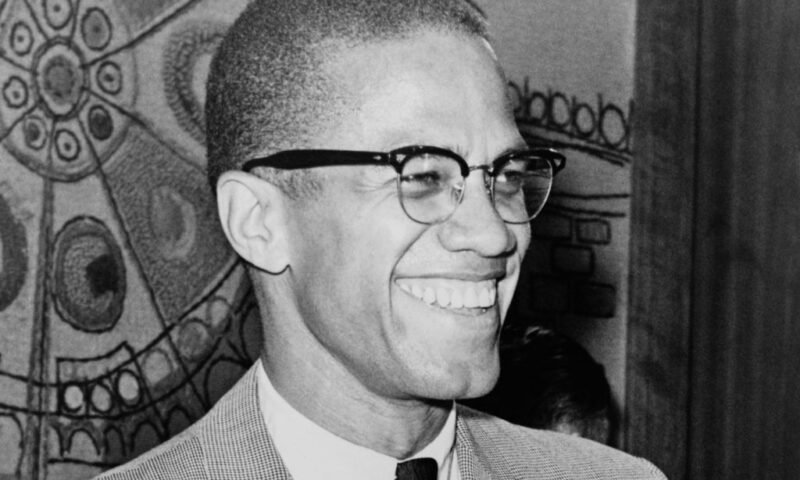
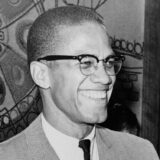
Most people know that Malcolm X began his public career by calling for black separatism. Lost Tapes: Malcolm X reveals surprising details that have not been seared into our collective view of the martyred activist.
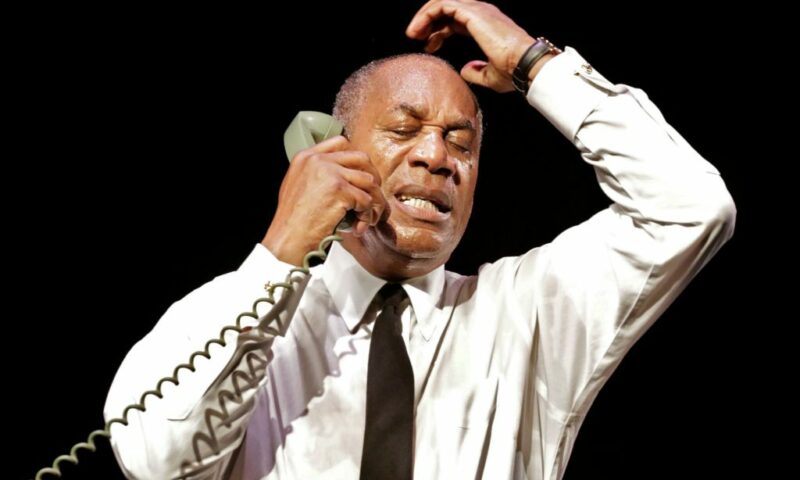
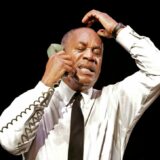
This illuminating stage work about Dick Gregory, the late iconic comedian and civil rights activist, receives a powerhouse performance from Joe Morton as the stand-up comic.
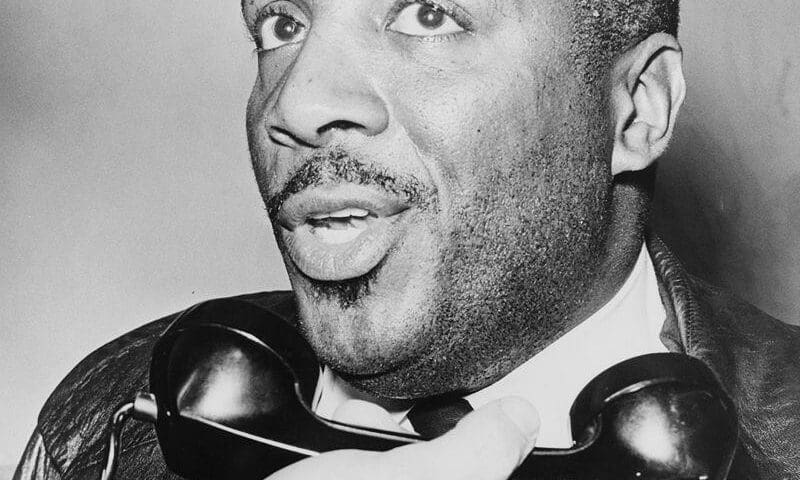
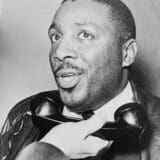
For Dick Gregory, American racism was a senseless fact of life: “I never learned hate at home, or shame. I had to go to school for that.”


With their meetings being disrupted by apparent Trump supporters, Westside liberals can no longer enjoy their old sense of isolation and insulation.
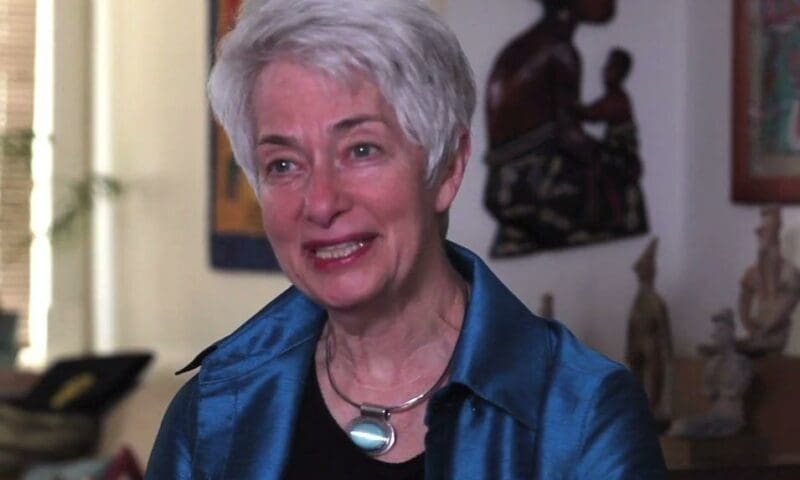

Like Woody Allen’s character in the film Zelig, Heather Booth seems to have been everywhere there was a fight for social justice. She’s played key roles in battles for voting rights, child care, workers’ rights, immigrant rights, and reproductive freedom.
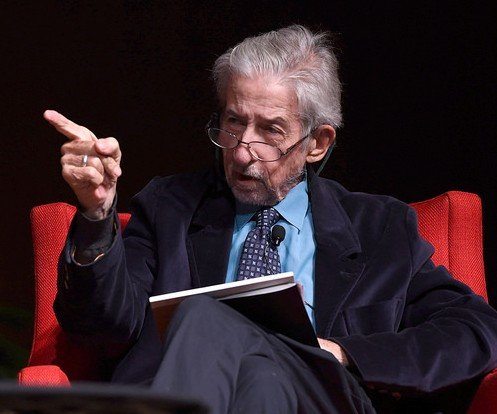
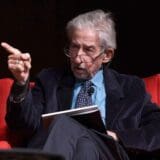
Actress Alfre Woodard teared up as she read from the introduction to Tom Hayden’s 1988 book, Reunion, at the memorial honoring his life this past Sunday at UCLA.
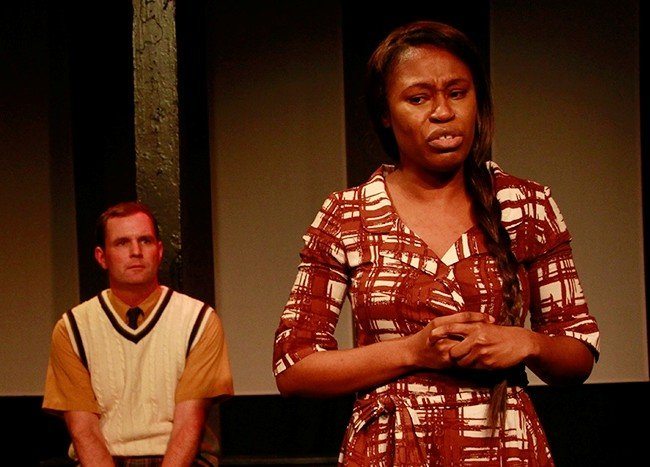
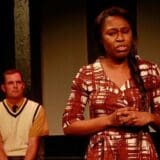
Ed Simpson’s play, Periphery, opened in L.A. in honor of Black History Month – but also on the same day that massive crowds of protesters flooded the streets in cities across the nation against the newly inaugurated President Trump.
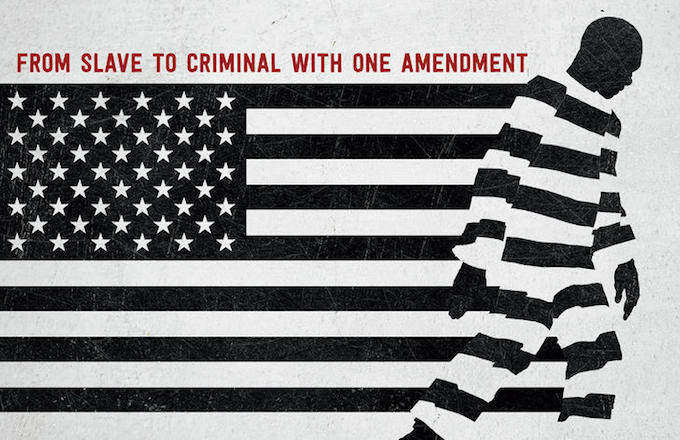

After Ava DuVernay burst into the mainstream as director of the acclaimed 2014 film Selma, she did not earn an Academy Award nomination for Direction, despite the film earning a Best Picture nod. Whatever doubts anybody might have had about her skill as a director should now be put to rest after her stunning new documentary 13th, now streaming on Netflix.
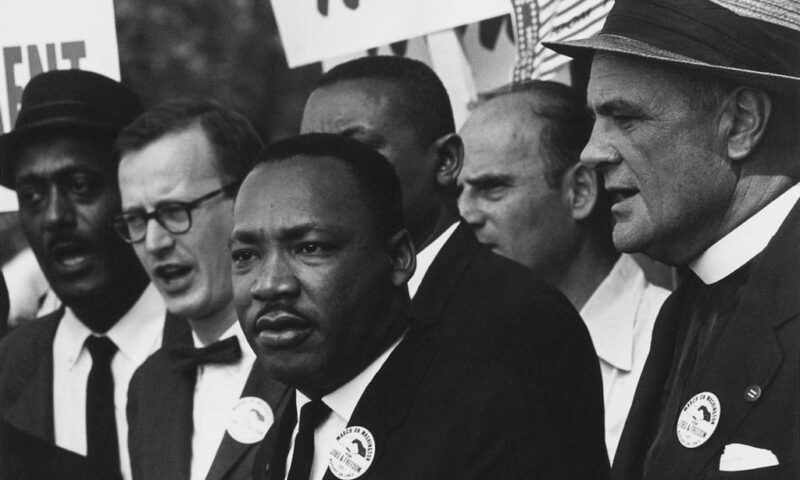
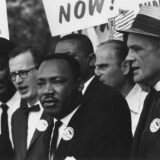
Most Americans today know that Reverend Martin Luther King Jr. was killed in Memphis, Tennessee in 1968, but few know why he was there. King went to Memphis to support African American garbage workers, who were on strike to protest unsafe conditions, abusive white supervisors, and low wages — and to gain recognition for their union.
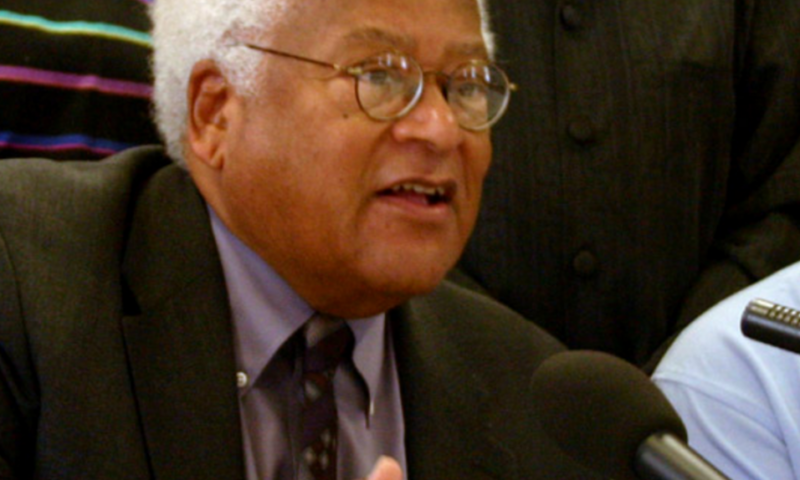
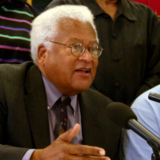
At age 88, civil rights leader, organizer and thinker Reverend James Lawson Jr. is still busy teaching all who will hear that nonviolence “represents a new day for activism.”
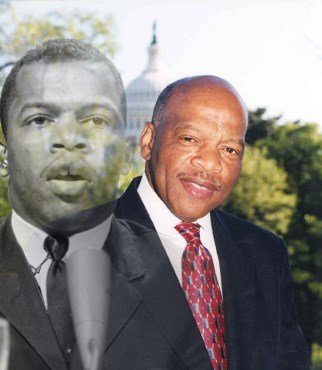
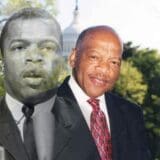
It was a long way from the elegant ballroom of downtown Los Angeles’ Bonaventure Hotel back to his Aunt Senovia’s tin-roofed shotgun shack in rural Alabama. But somehow Georgia Congressman John Lewis, the iconic civil rights leader whose life began in the segregated Jim Crow South, was able to pull it all together for one thousand-plus people at the Martin Luther King Jr. Labor Breakfast, hosted by the L.A. County Federation of Labor.
Speaking before a giant photo of the Edmund Pettus Bridge, where he was beaten unconscious in the aborted 1965 Selma to Montgomery civil rights march, Lewis displayed the speaking and preaching skills he said he developed at age 14 from practicing in front of the chickens who were his responsibility on the family farm. “It seemed like more of those chickens listened to me then, than members of Congress do today,” he quipped.
Lewis’ father was a sharecropper and a cotton picker until 1944,
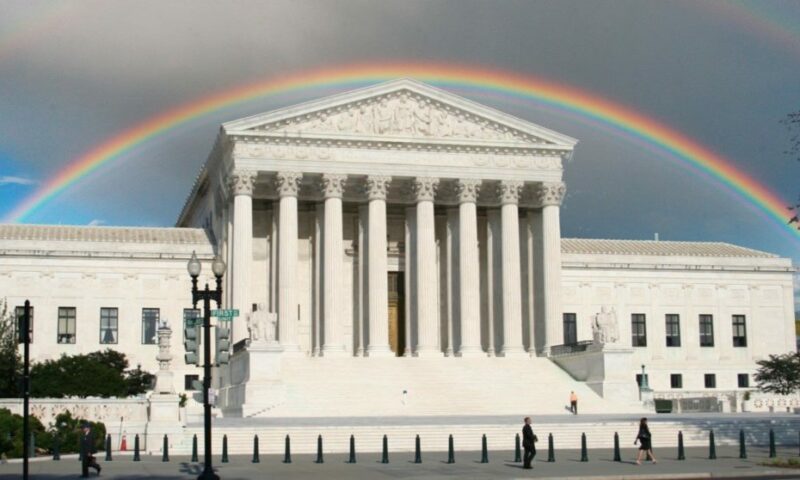

The Supreme Court’s ruling Friday to legalize same-sex marriage is a victory for human rights and an occasion to rejoice. The decision follows in the footsteps of the Supreme Court’s 1967 decision in Loving v. Virginia that outlawed states’ bans on interracial marriage, an earlier pathbreaking victory for marriage equality.
But there is a huge difference in the two rulings. The Loving decision on inter-racial marriage was unanimous. Friday’s ruling on same-sex marriage was a 5 to 4 decision. We should not forget that four members of the nation’s highest court — Chief Justice John Roberts and Justices Samuel Alito, Antonin Scalia and Clarence Thomas — opposed marriage equality. Each had his own reasons to justify his vote to himself and to the public, but history will record that all four of them supported states’ rights over equal rights, bigotry over tolerance. Justices Stephen Breyer,
» Read more about: Courting History: Why John Roberts Is No Earl Warren »
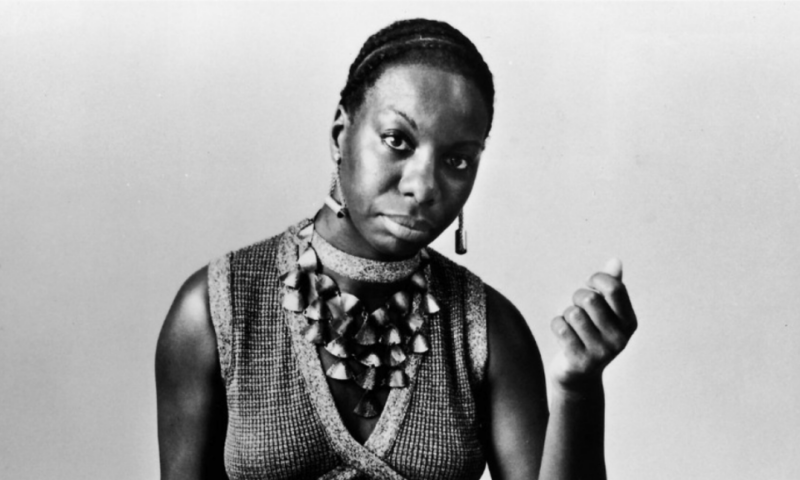
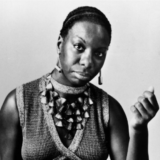
The first shot of What Happened, Miss Simone? shows a crowd applauding the appearance of a singer. After years of a self-imposed hiatus, Nina Simone walks onstage, and with one hand on a piano, bows. For a full 10 seconds. She then looks up and out at the rapturous audience. But she is not smiling. Her stare is intense. Some will see fear in her eyes. Others will see indifference. Others might even see loathing. Or all of it.
Once Simone sits at the piano and the applause ends, she does nothing for half a minute. The uncomfortable silence is finally broken by her softy saying “Hello” into the mic, only to be greeted by a fan shouting, “Hi. We are ready!” But is Simone? After seeing Liz Garbus’ documentary, an even better question is, “Was she ever?”
Unlike our modern commodified stars, Nina Simone’s life was a messy journey of discovery. » Read more about: Film Review: ‘What Happened, Miss Simone?’ »